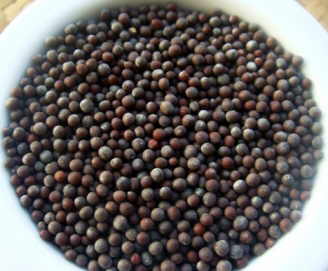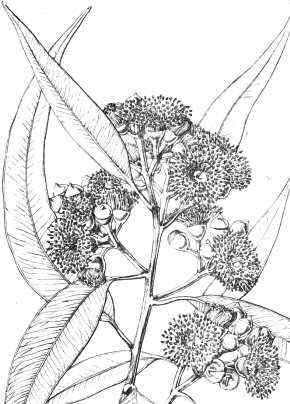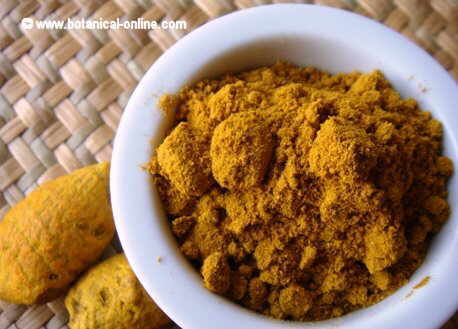Contents
Contraindications of mustard remedies
WHEN YOU SHOULD NOT TAKE MUSTARD
What are the contraindications of mustard?
Common oil of mustard (Brassica nigra) contains very irritating substances: just 1 drop of essential oil on the skin can produce a severe burn.
Similarly, if we eat moderate amounts of mustard, it can irritate the digestive tissue and cause severe vomiting and important digestive irritations.
What to take into account before eating mustard
Before eating or using remedies with mustard, read the following contraindications:
- Children under 6 years: Remedies with mustard (either topical or internal) should not be applied to children under 6 years, because this plant contains goitrogenic substances that can cause allergy.
- Pregnant and lactating women: avoid all kinds of remedies with mustard because of its abortifacient properties and its goitrogenic effect on the baby.
- Prolonged treatments: Prolonged treatments (either in external or internal application) are NOT advisable. Mustard can be toxic and irritating when used for a long time.
Whom is mustard not recommend for?
 Picture of grains of black mustard (Brassica nigra).
Picture of grains of black mustard (Brassica nigra).- Hypothyroidism: The goitrogenic components of mustard affect the functioning of the thyroid gland in people with hypothyroidism. This effect has not been demonstrated in healthy adults.
- People with dyspepsia: This plant contains irritants that damage the stomach lining and cause severe pain to people with dyspepsia, gastritis or stomach ulcer.
- Digestive ulcers: Mustard stimulates the digestive functions and can worsen digestive ulcers and heartburn.
- Sensitive skin: Mustard has irritant ingredients that can cause dermatitis to people with sensitive skin. It also should not be made topical remedies in the face, wounds, bruises, blisters or irritated areas.
- Psoriasis: people with psoriasis are not recommended to take baths or other remedies with mustard.
- Varicose veins: Mustard is contraindicated for people with vascular problems because it stimulates circulation. People with circulatory problems, varicose veins, phlebitis or thrombosis should not take medicines with mustard (topically or internally).
- Affections of the urinary tract: Medicines with mustard should not be taken by those with urinary diseases such as cystitis or renal colic because an excess of mustard can cause inflammation of the urinary tract.
Other diseases that should not be treated with mustard
- Renal insufficiency: People with renal insufficieny should avoid mustard greens and mustard seeds because they are foods rich in oxalates and potassium.
- Intestinal diseases: Mustard can cause outbreaks and digestive disorders to people suffering from dumping syndrome, inflammatory bowel disease, Crohn’s disease and irritable bowel syndrome.
- Diseases of the nervous system: Mustard can have convulsant effect, so that it should not be taken by people with nervous symptoms such as multiple sclerosis and Parkinson’s disease.
- Allergy to cruciferous plants: Some people are allergic to components of mustard and other cruciferous plants. they must first ask the doctor if they have any allergies to cruciferous plants before starting treatment.
Some known plants of this family are the arugula, broccoli or cabbage. The use of these plants in people who are allergic can cause anaphylaxis.
* Related information: Toxicity of mustard. Side-effects of mustard
![]() More information on mustard.
More information on mustard.








